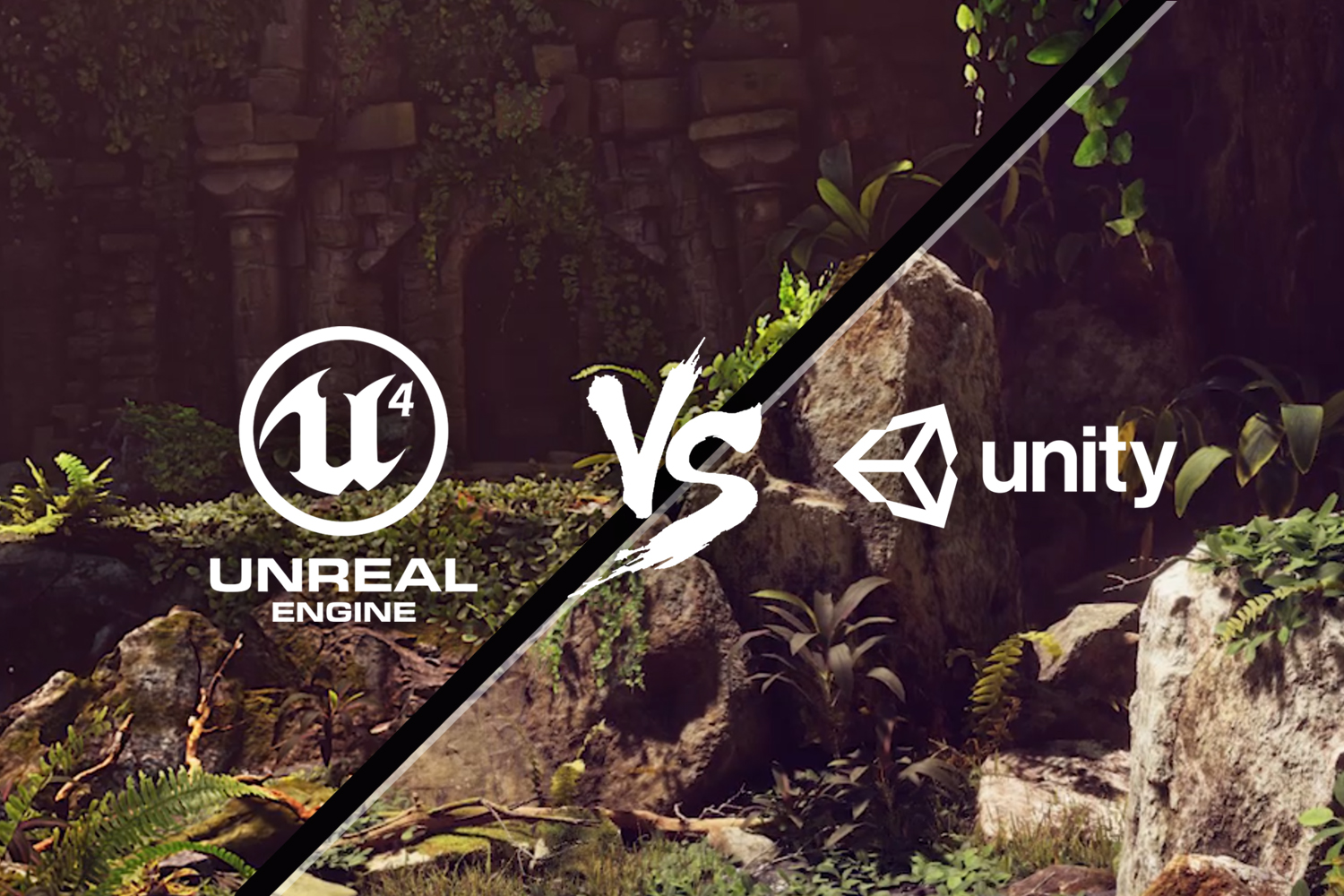Choosing the right engine is one of the most critical early decisions in mobile game development. It affects everything — from performance and visuals to team workflow and long-term scalability. Two giants dominate the space: Unityand Unreal Engine. But which one is better for mobile?
At Kariaktov, we’ve worked with both, and here’s our honest breakdown to help you decide.
1. Popularity & Community
Unity
- Dominates the mobile market (used in over 70% of mobile games)
- Massive asset store and extensive documentation
- Huge indie and mid-sized dev community
Unreal
- More popular in PC/console development, but gaining ground in mobile
- Powerful community in AAA circles
- Fewer mobile-focused resources, but solid documentation
✅ Winner for Mobile: Unity
2. Learning Curve & Team Efficiency
Unity
- Easier to learn, especially for new developers
- Uses C#, which is beginner-friendly and widely taught
- Fast prototyping — ideal for small agile teams
Unreal
- Steeper learning curve, especially for mobile-focused devs
- Uses C++ and Blueprint (visual scripting) — can be powerful but complex
- Better suited for teams with experience in AAA production
✅ Winner for Most Teams: Unity
✅ Winner for Visual Scripting or C++ Experts: Unreal
3. Graphics & Visual Quality
Unity
- Has improved its rendering capabilities with URP/HDRP
- Capable of beautiful visuals, especially in 2D/3D hybrid or stylized games
- Less GPU-intensive — important for budget devices
Unreal
- World-class graphics with physically-based rendering by default
- Nanite and Lumen (from UE5) are overkill for most mobiles, but scalable
- Best choice for cinematic games or high-end devices
✅ Winner for Visual Quality: Unreal
✅ Winner for Optimization on Low-End Devices: Unity
4. Performance & Optimization
Unity
- Lighter engine, smaller APK size
- Excellent performance on low to mid-end phones
- Flexible performance profiling tools
Unreal
- Heavier runtime, larger APKs by default
- Can run smoothly, but requires more work to hit 60FPS on older phones
- More suited for high-end specs unless deeply optimized
✅ Winner for Mass-Market Mobile Games: Unity
5. Monetization & Analytics Integration
Unity
- Native support for Unity Ads, IronSource, mediation platforms
- Easy integration with Firebase, GameAnalytics, Adjust, etc.
Unreal
- Possible but less plug-and-play — often requires more custom work
- Fewer pre-built mobile monetization tools
✅ Winner: Unity
6. Cost & Licensing
Unity
- Free for revenues under $100K/year
- Pro version required beyond that (~$2,000/year per seat)
- Some recent pricing controversies, but still affordable for most studios
Unreal
- Free to use until your game earns $1M in gross revenue
- After that: 5% royalty
- No seat license needed
✅ Winner for Small Teams: Unreal
✅ Winner for Long-Term Predictability: Unity
7. Platform Support & Portability
Both engines support:
- iOS, Android, WebGL
- AR/VR (ARKit, ARCore, Oculus)
- Consoles (with appropriate dev kits)
Unity generally makes it easier to export to multiple mobile builds quickly, especially for ad-hoc testing or fast iterations.
✅ Winner for Mobile Pipelines: Unity
When to Choose Unity
- You’re making hyper-casual, casual, or stylized 2D/3D games
- Your team is small or mid-sized
- You prioritize fast iteration, monetization, and cross-platform support
- You need strong analytics, ad integration, or LiveOps tools
- You’re optimizing for low- and mid-end phones
When to Choose Unreal
- You’re targeting AAA visuals, 3D environments, or cinematic gameplay
- You have experience with C++ or Blueprint scripting
- Your game is midcore or high-end mobile, with fewer device limitations
- You want to share code with a PC/console version
- You prioritize realistic rendering and world-building

No responses yet